

Tao Te Ching
Tao Te Ching
Chapter 10The Power of Goodness
Chapter 10
In being who and what you are,
Can you live with panoramic awareness?
Riding your energy like a new-born child,
Seeing with mirror-like, clear vision;
Can you journey without goal,
Serve without seeking reward,
Govern without gaining ideas,
Teach the wisdom beyond words?
Can you give birth and develop –
Create without attachment,
Nurture without domineering?
This is the Power of Goodness.
Commentary

“If you can stay in the lead of men without their knowing, you are at the core of life.”
Comments: Click to comment
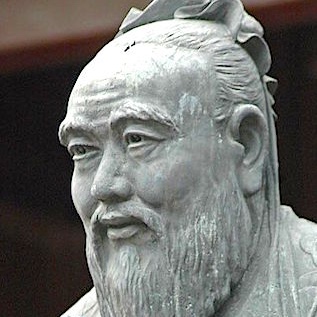
“We have two lives, and the second begins when we realize we only have one.”
Comments: Click to comment
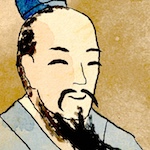
“The sage’s mind is so still, it can mirror Heaven and Earth and reflect the 10,000 things.”
Comments: Click to comment
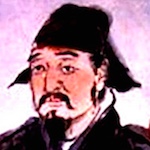
“If we don’t obstruct their source, things come into existence on their own.”
Comments: Click to comment
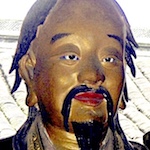
“If you start seeking, you are unable to see… As soon as you seek, it is like grasping at shadows.”
Comments: Click to comment

“Learned we may be with another man's learning: we can only be wise with wisdom of our own.”
Comments: Click to comment
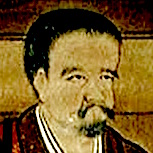
“Rather than trying to become a buddha, nothing could be simpler than taking the shortcut of remaining a buddha!”
Comments: Click to comment
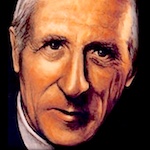
“We are not human beings having a spiritual experience. We are spiritual beings having a human experience.”
Comments: Click to comment
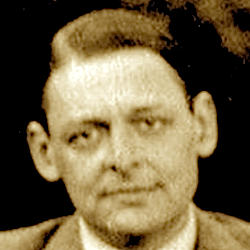
“We shall not cease from exploration
And the end of all our exploring
Will be to arrive where we started
And know the place for the first time.”
Comments: Click to comment
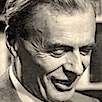
“Experience is not what happens to a man; it is what a man does with what happens to him.”
Comments: Click to comment

“the false serpent persuaded Adam that he must still do something to become like God… to make himself what God had already made him. That was the Fall of man.”
Comments: Click to comment
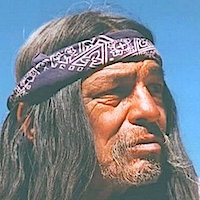
“If you have no personal history, no explanations are needed; nobody is angry or disillusioned with your acts. And above all no one pins you down with their thoughts.”
Comments: Click to comment
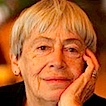
“I consistently render the character te as ‘power.’ ‘Virtue’ (virtus, vertu) in its old sense of the inherent quality and strength of a thing or person is far closer to the mark, but that sense is pretty well lost. Applied obsessively to the virginity or monogamy of women, the word lost its own virtue.”
Comments: Click to comment
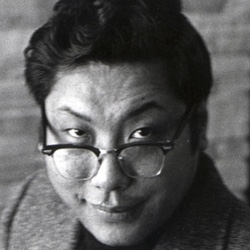
“when we say that human beings are basically good, we mean that they have every faculty they need, so that they don’t have to fight with their world.”
Comments: Click to comment
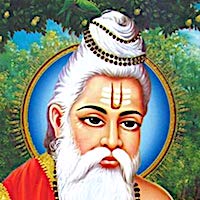



Comments (2)